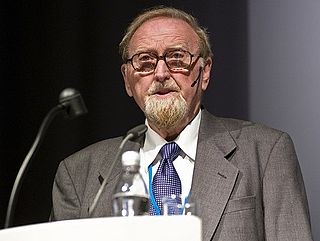A Quote by John McDonnell
We need to promote employment through investment in major public works schemes to meet the U.K.'s needs.
Related Quotes
When I save, I lay something aside for future need. If I sense God's leading, I will give it away to meet greater needs. When I hoard, I'm unwilling to part with what I've saved to meet others' needs, because my possible future needs outweigh their actual present needs. I fail to love my neighbor as myself.
The time has come to end this charade. The debts are unaffordable. If they won't cancel the debts I would suggest obstruction; you do it yourselves. Africa should say: 'thank you very much but we need this money to meet the needs of children who are dying right now so we will put the debt servicing payments into urgent social investment in health, education, drinking water, control of AIDS and other needs.'
I do believe that India needs a lot more foreign direct investment than we've got, and we should have the ambition to move in the same league many other countries in our neighborhood are moving. We may not be able to reach where the Chinese are today, but there is no reason why we should not think big about the role of foreign direct investment, particularly in the areas relating to infrastructure, where our needs for investment are very large. We need new initiatives, management skills, and I do believe that direct foreign investment can play a very important role.
It may seem strange, but Congress has never developed a set of goals for guiding Federal Reserve policy. In founding the System, Congress spoke about the country's need for "an elastic currency." Since then, Congress has passed the Full Employment Act, declaring its general intention to promote "maximum employment, production, and purchasing power." But it has never directly counseled the Federal Reserve.


































